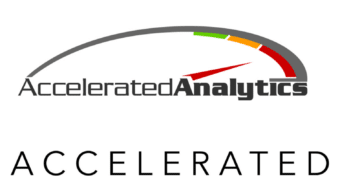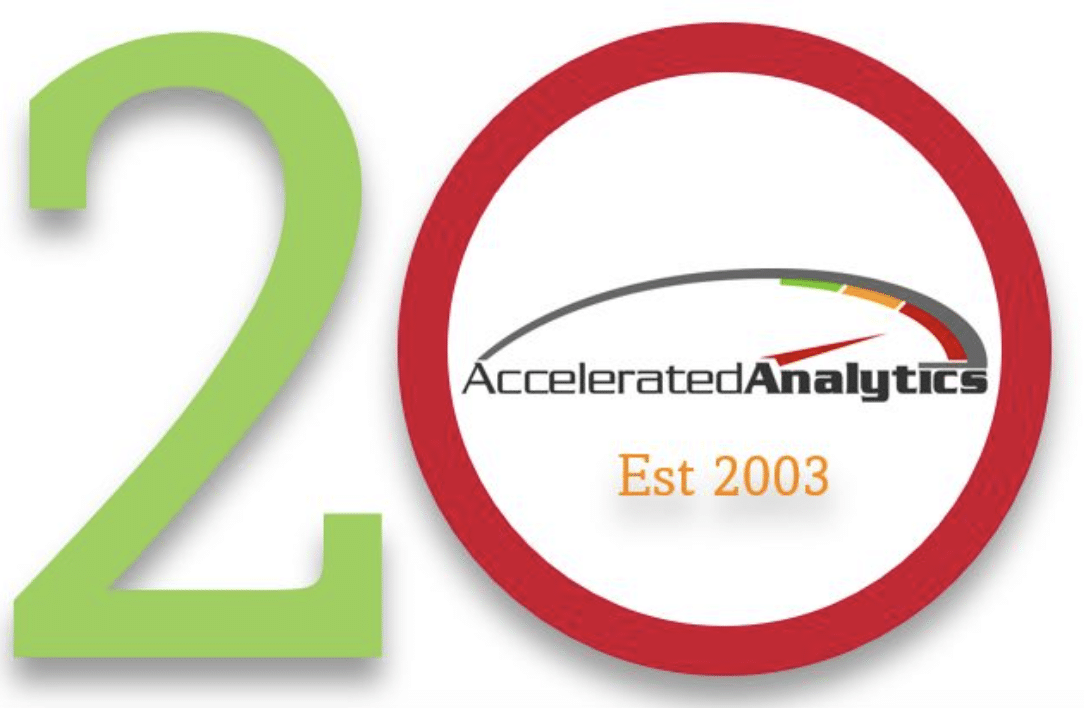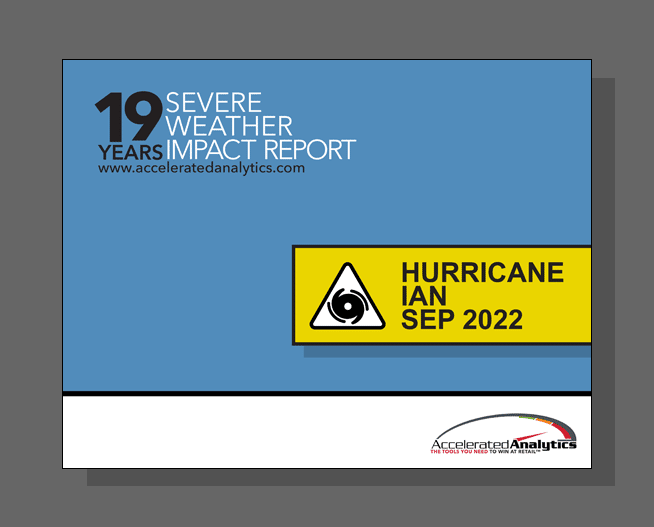*Accelerated Analytics publishes resources like this to provide insights to different analytical metrics, data points and formulas. POS Analytics. Please be aware, this doesn’t mean that our product will this metric, data point or formula. To learn exactly what our reporting covers, please feel free to schedule a demo or give us a call. Thanks for understanding.
Supply chain sustainability (SCS) is a holistic view of supply chain processes, logistics and technologies that addresses the environmental, social, economic and legal aspects of every supply chain’s components.
There’s a number of different factors that could affect SCS, this could include but is not limited too;
- Emissions
- Waste
- Carbon Footprint
- Labor Violations
- Air Pollution
- Health Of Workers
- Safety Of Workers
SCS is based on the principle that socially responsible products and practices should be a priority for every company. While this ensures we’re taking steps that are good for the planet and all of us that live here, it’s also great for building positive brand awareness, minimizing environmental impact and improving long-term profitability.
An organization’s supply chain integrates both inputs and outputs. It outlines the process of producing and delivering consumer goods. Focusing on the supply chain is one key pillar of achieving business sustainability as it covers a range of areas for improvement. This could include a number of different things, such as;
- Policies And Regulations
- Exploration
- Mining
- Processing
- Refining And Recycling
- Purification
- Manufacturing
- Shipping
Historically speaking, the supply chain was simply all about logistics and knowing when and where goods were moving. However, supply chain trends have been changing continuously over the decade with the rise of the digital supply chain and accompanying visibility and analytics tools that can provide companies the ability to gather data about each component in the supply chain and how it performs.
The growing transparency has enhanced the concept of using responsible sources and it has encouraged supply chain partners to develop and share best practices for green operations and logistics. When we look at supply chain predictions for 2020, one of the top 10 factors is green logistics. Supply chain efficiency is all about having that ability to monitor every component of your supply chain, which leads to the opportunities to improve and adapt as needed.
In bigger companies, the task of focusing on supply chain sustainability can take on different job titles, such as a sustainability officer or a supply chain analyst. While everything falls under supply chain management, the task at hand would be to focus on implementing and developing processes that support sustainability. The job can also involve other elements of the supply chain, such as qualifying new suppliers, quality performance targets, delivery targets or supplier relationships.
The big question business owners need to ask, how can we improve our supply chain sustainability?
How to Improve Supply Chain Sustainability
Companies should take the following measures in order to achieve a more sustainable supply chain:
- Using Supply Chain Management Tools And Technology – You have endless options as it pertains to new technology for your supply chain. If you’re not using them, you’re not moving forward.
- Use Resources That Are Available To You – There’s a wide range of organizations out there that have resources you can access to learn how to help your business hit your environmental goals. These include but are not limited to World Wildlife Fund, The Sustainability Accounting Standards Board or The Sustainability Consortium.
- Identify Where Your Supply Chain Needs Improved – This is why we preach technology, analytics and data. Without these, it’s going to be near impossible to evaluate where your supply chain needs improved.
- Get Clarity On Your Goals – You have goals you want to achieve. You have to build a plan and put that plan in action to achieve the goals you’re aiming for. Pay close attention to government regulations, even recommendations from other professionals.
- Finding Sustainable Partners – If sustainability is a key component of your company, we’d recommend building relationships with other companies that have sustainability at the core of their mission.
- Always Be Accountable – You want to make sure you’re accountable throughout the whole process. rocesses that can be put in place to ensure liability are routine audits, implementation of sustainability programs and teams, software tools that track impact and customer-facing goals and progress reports.


